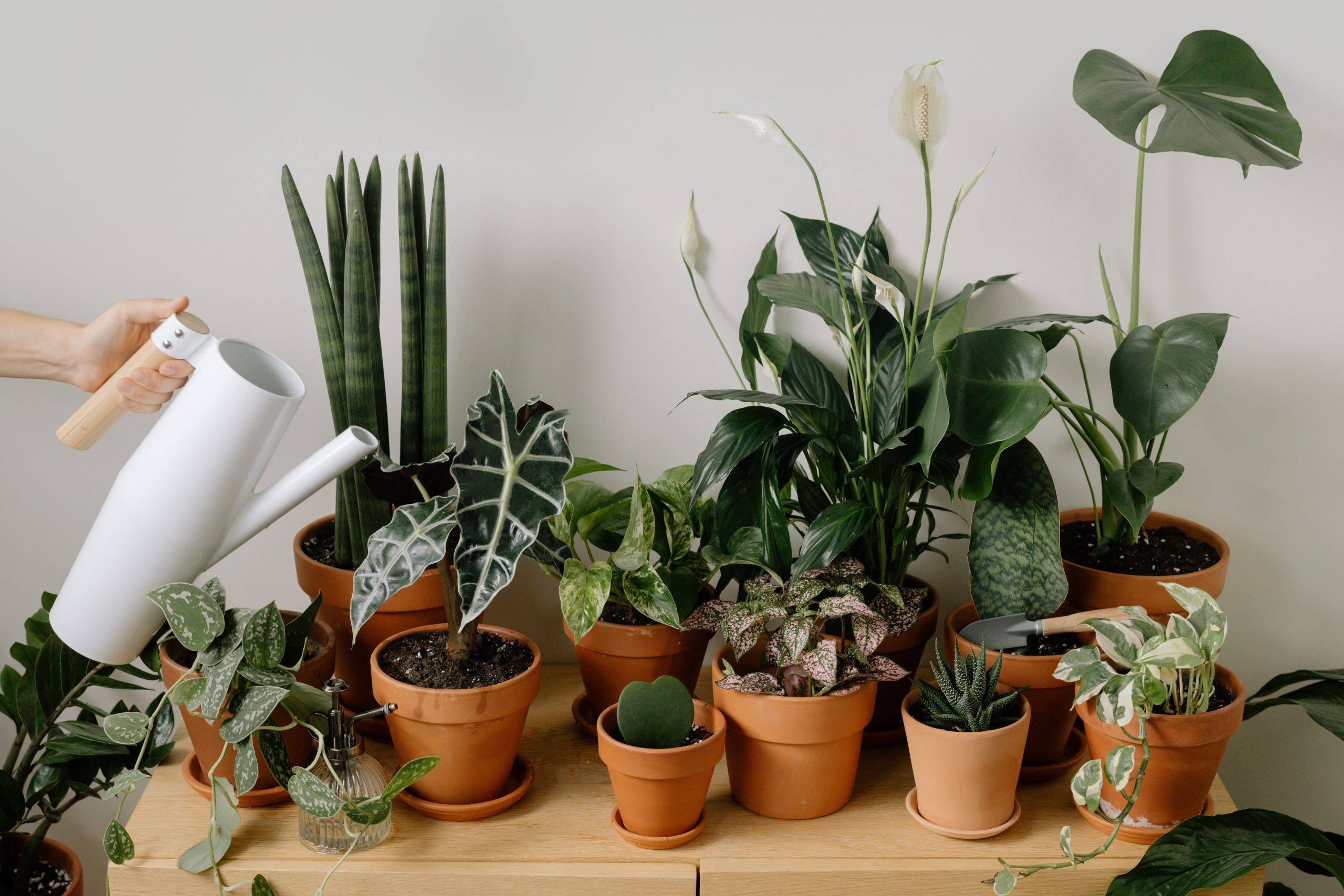Indoor gardening can be a great way for seniors to enjoy the benefits of gardening without having to worry about the challenges of outdoor gardening. With indoor gardening, you can grow a variety of plants, including vegetables, herbs, and flowers, all year round. Whether you live in an apartment or a senior living facility, indoor gardening can help you stay active, reduce stress, and improve your overall well-being.
One of the main benefits of indoor gardening for seniors is that it can help combat loneliness and depression. Gardening is a great way to stay active and engaged, and it can also provide a sense of purpose and accomplishment. Indoor gardening can be especially beneficial for seniors who may have limited mobility or who are unable to get outside as often as they would like. With indoor gardening, you can enjoy the benefits of gardening without having to worry about the weather or other outdoor factors.
Another benefit of indoor gardening for seniors is that it can provide a source of fresh, healthy produce. Growing your own vegetables and herbs can be a great way to ensure that you are eating nutritious, high-quality food. Plus, indoor gardening can be a fun and rewarding hobby that you can enjoy with friends and family. Whether you are an experienced gardener or just starting out, indoor gardening can be a great way to stay active, healthy, and engaged.
Benefits of Indoor Gardening for Seniors
Indoor gardening is a great activity for seniors that can provide numerous physical, mental, and emotional benefits. Here are some of the benefits of indoor gardening for seniors:
Physical Benefits
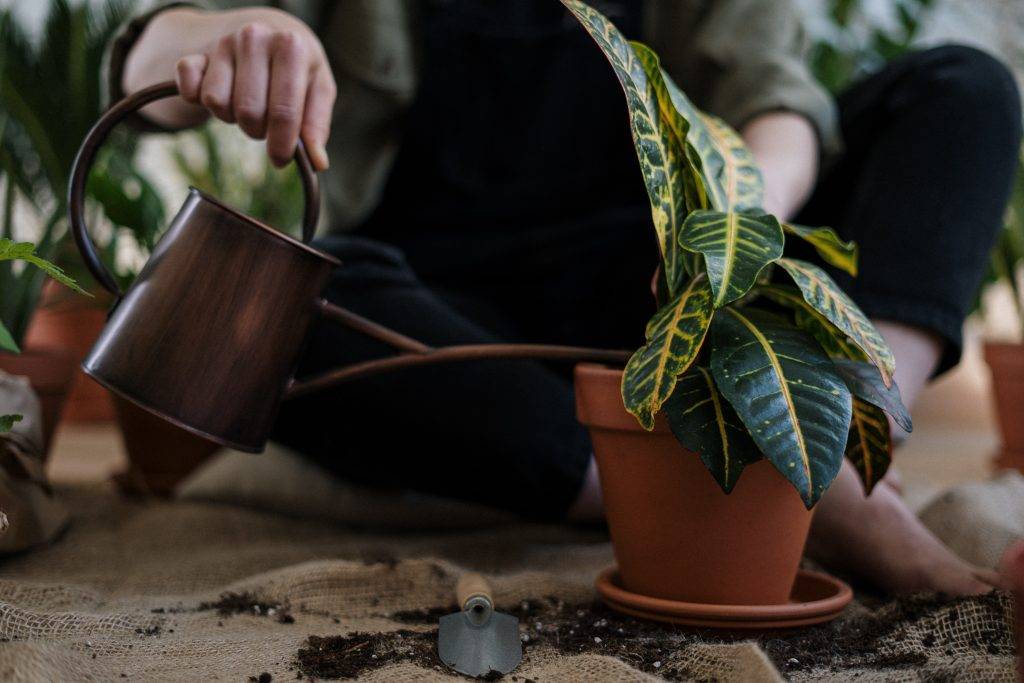
Indoor gardening can provide several physical benefits for seniors. It can help improve hand strength, flexibility, and dexterity, which are important for performing daily activities. Gardening can also help seniors improve their balance and coordination, which can reduce the risk of falls.
Additionally, indoor gardening can provide seniors with fresh and healthy produce that can help improve their diet. Growing your own fruits and vegetables can be a fun and rewarding way to add more nutritious foods to your diet.
Mental and Emotional Benefits
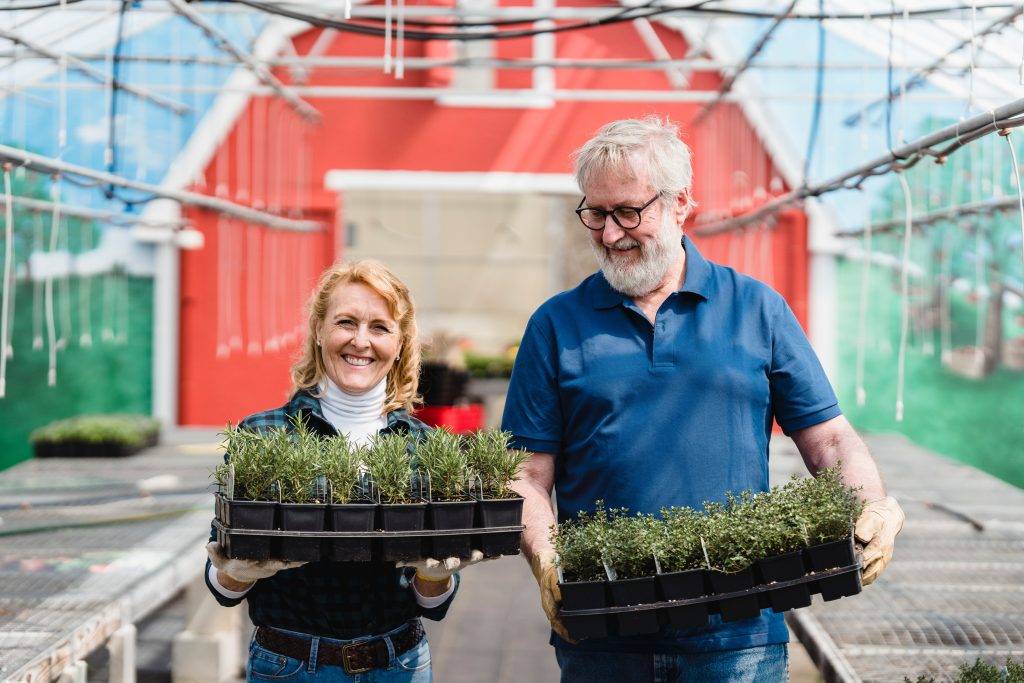
Indoor gardening can also provide several mental and emotional benefits for seniors. It can help reduce stress, anxiety, and depression, which are common mental health issues among seniors. Gardening can also provide a sense of purpose and accomplishment, which can help boost self-esteem and confidence.
Moreover, indoor gardening can be a great way for seniors to stay socially engaged. It can provide an opportunity to connect with other gardeners and share tips and advice. Additionally, gardening can be a great way to bond with family members and friends.
In conclusion, indoor gardening is a great activity for seniors that can provide numerous physical, mental, and emotional benefits. Whether you are looking to improve your physical health, boost your mood, or simply enjoy a fun and rewarding hobby, indoor gardening is a great option to consider.
Choosing the Right Plants
When it comes to indoor gardening for seniors, choosing the right plants is crucial. You want plants that are easy to care for, beneficial to health, and enjoyable to be around. Here are some factors to consider when selecting plants for your senior loved one’s indoor garden.
Low-Maintenance Plants
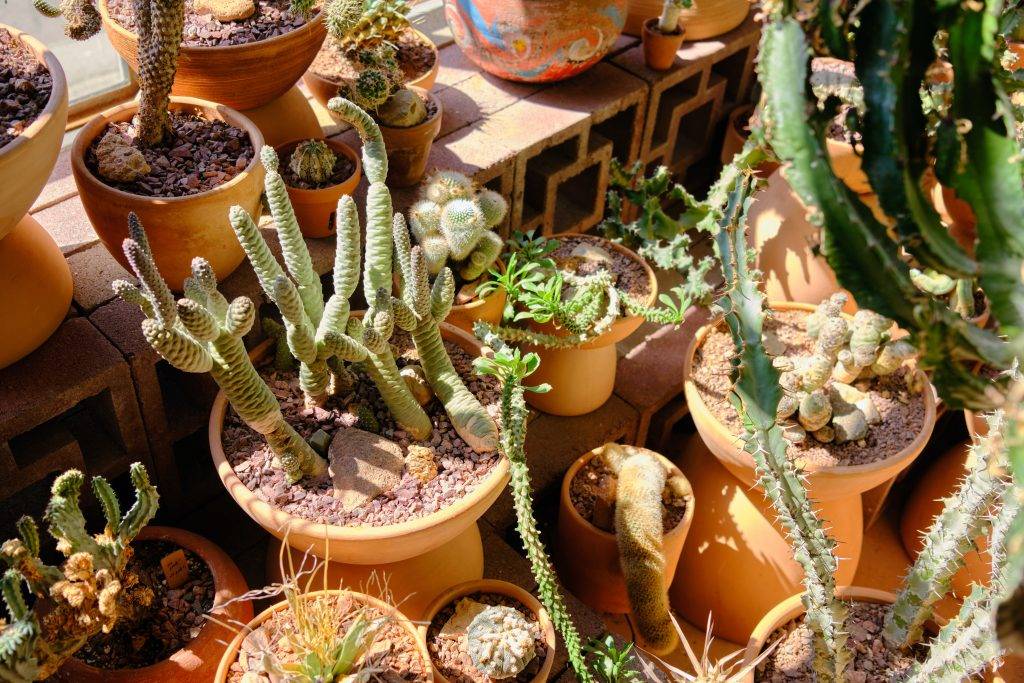
For seniors who may have difficulty with mobility or dexterity, low-maintenance plants are an excellent option. These plants require minimal watering, pruning, and fertilizing. Some examples of low-maintenance plants include snake plants, spider plants, and peace lilies. These plants are also great for seniors who may be forgetful about watering their plants.
Plants for Air Purification
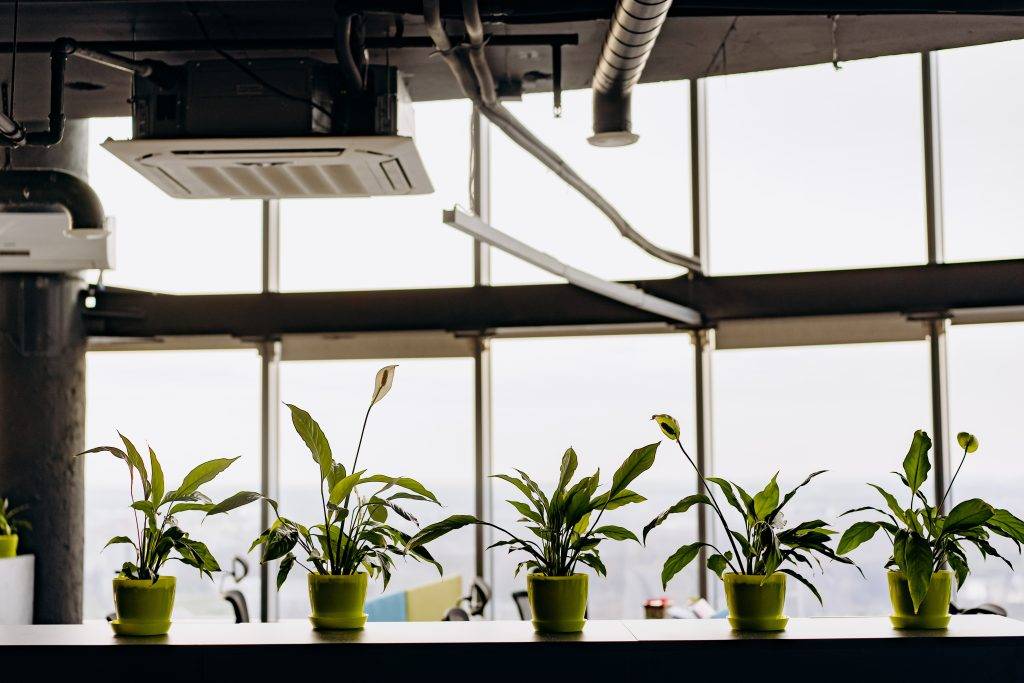
Indoor plants can help purify the air, which is especially beneficial for seniors who may have respiratory issues. Plants such as aloe vera, spider plants, and snake plants are known for their air-purifying properties and can help remove toxins from the air.
Plants for Aromatherapy
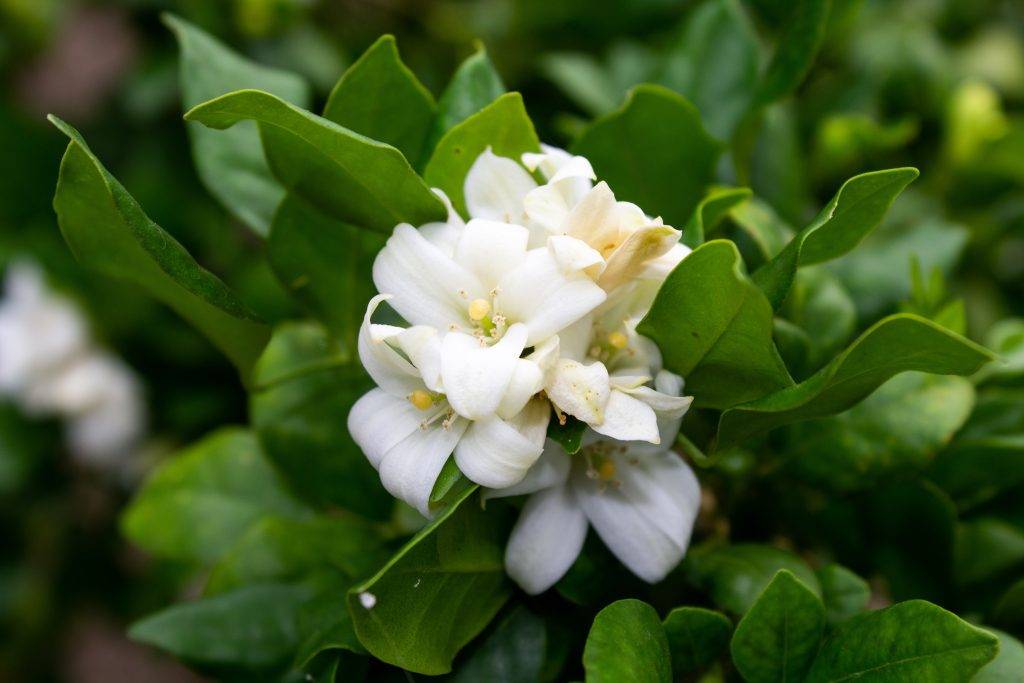
Aromatherapy can have many benefits for seniors, including reducing stress and anxiety, promoting relaxation, and improving sleep quality. Some plants, such as lavender, jasmine, and rosemary, are known for their calming and soothing scents. These plants can be a great addition to an indoor garden and can help create a peaceful and relaxing environment.
When choosing plants for your senior loved one’s indoor garden, it’s essential to consider their individual needs and preferences. You want to select plants that will bring joy and benefit their health while being easy to care for. By selecting the right plants, you can help your senior loved one create a beautiful and healthy indoor garden.
Setting Up Your Indoor Garden
Indoor gardening is an excellent way for seniors to enjoy the benefits of gardening without having to leave the comfort of their own home. Here are some tips to help you set up your indoor garden.
Choosing Containers
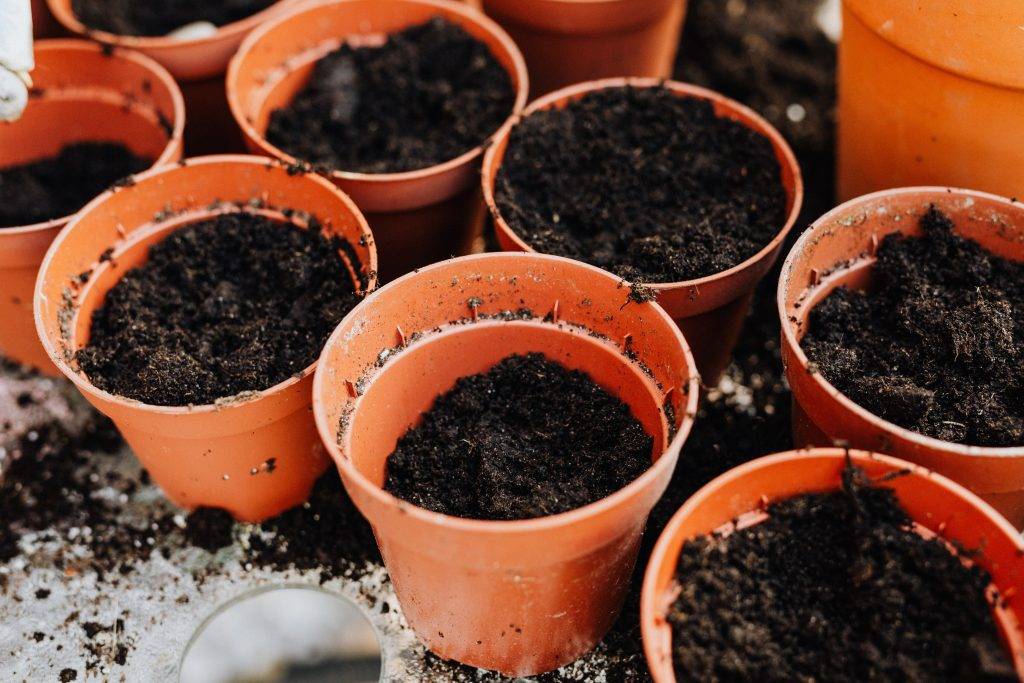
The first step in setting up your indoor garden is selecting the right containers. You can use a variety of containers, including pots, planters, and even recycled containers like old cans or jars. When choosing containers, make sure they have drainage holes to prevent water from accumulating at the bottom, which can lead to root rot.
Selecting the Right Soil
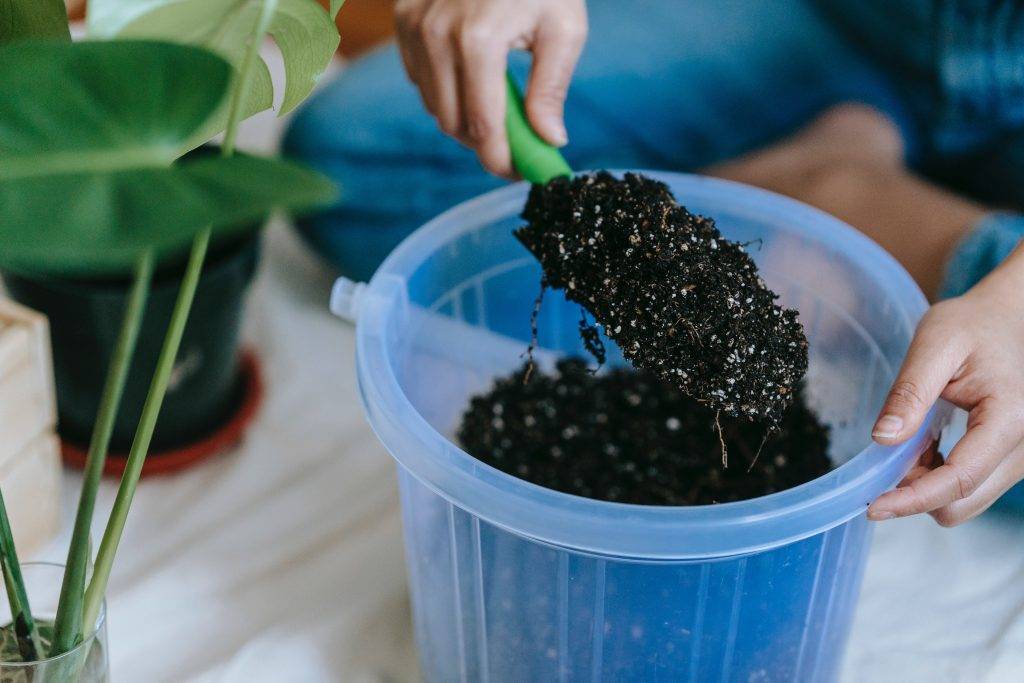
Choosing the right soil is crucial for the health of your plants. Indoor plants require well-draining soil that retains moisture without becoming waterlogged. You can use pre-mixed potting soil or make your own by combining equal parts peat moss, vermiculite, and perlite.
Lighting and Temperature
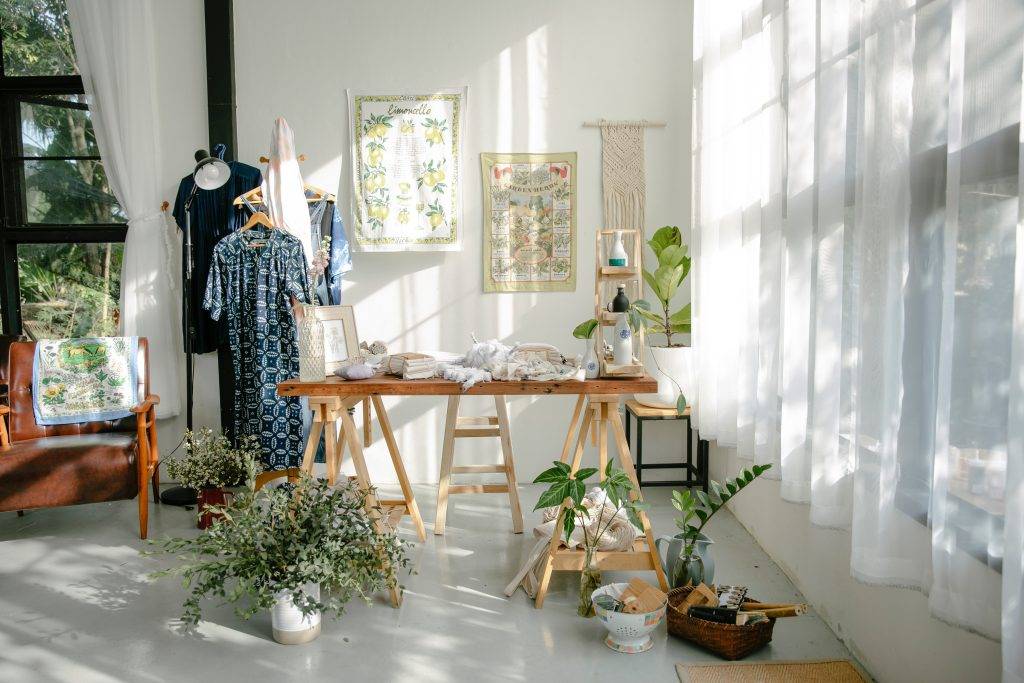
Lighting and temperature are essential factors in the success of your indoor garden. Most indoor plants require bright, indirect light, so placing them near a window is ideal. If your home doesn’t receive enough natural light, consider using artificial grow lights.
Temperature is another crucial factor to consider. Most indoor plants prefer temperatures between 60-75°F. Avoid placing your plants in areas with extreme temperatures or drafts, such as near doors or windows.
In summary, setting up your indoor garden requires choosing the right containers, selecting the right soil, and ensuring proper lighting and temperature. By following these tips, you can create a thriving indoor garden that will provide you with fresh herbs, vegetables, and flowers all year round.
Tips for Successful Indoor Gardening
Indoor gardening is a great way to bring nature into your home, and it can be especially beneficial for seniors. Not only does it provide a fun and engaging activity, but it can also improve air quality and provide fresh produce. Here are some tips to help you have a successful indoor garden.
Watering and Fertilizing
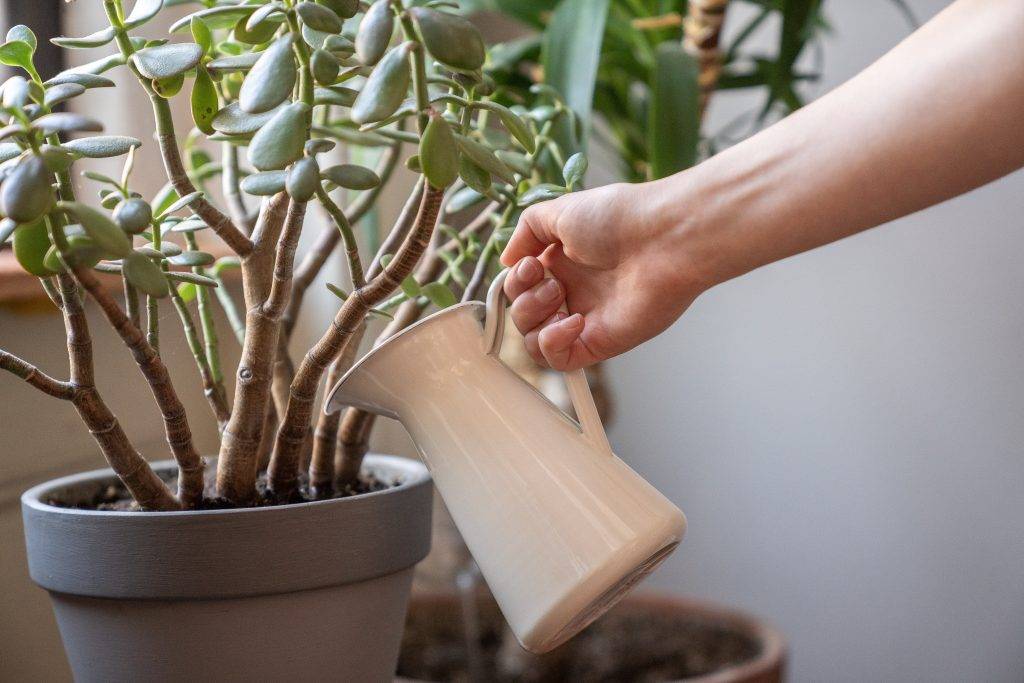
One of the most important aspects of indoor gardening is proper watering and fertilizing. Overwatering can lead to root rot, while underwatering can cause plants to wilt and die. As a general rule, you should water your plants when the top inch of soil feels dry to the touch. You can also use a moisture meter to help you determine when to water.
Fertilizing is also important for healthy plant growth. However, it’s important not to over-fertilize, as this can lead to nutrient burn. Use a balanced fertilizer once a month during the growing season, and reduce the frequency during the winter months.
Pruning and Propagating
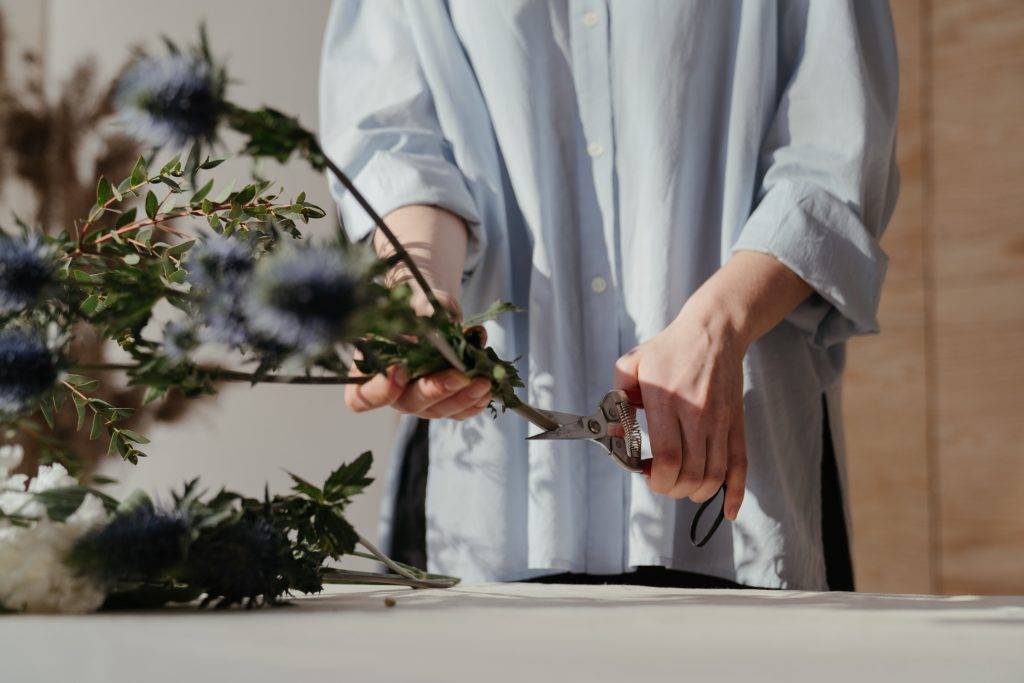
Pruning is necessary to keep your plants healthy and looking their best. Regular pruning can help prevent disease and promote new growth. You should prune any dead or yellowing leaves, as well as any branches that are crossing or rubbing against each other.
Propagation is another way to expand your indoor garden. You can propagate plants by taking cuttings and rooting them in water or soil. This is a great way to get free plants and share them with friends and family.
Dealing with Pests and Diseases
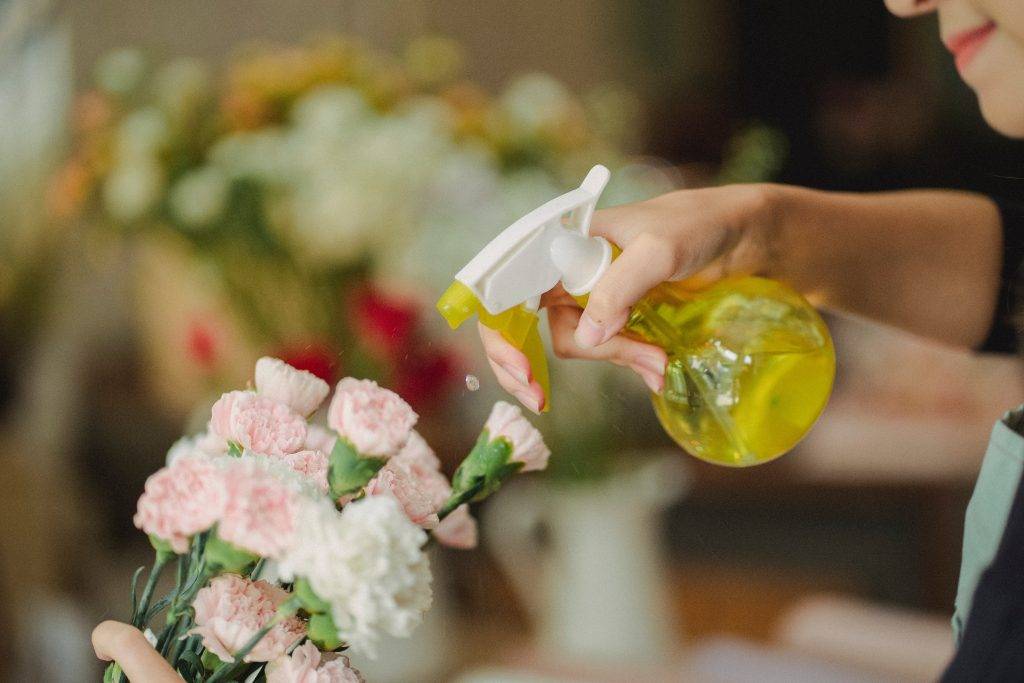
Indoor plants are susceptible to pests and diseases, just like outdoor plants. To prevent pests, make sure to keep your plants clean and free of debris. You can also use natural pest control methods, such as neem oil or insecticidal soap.
If you notice signs of disease, such as yellowing leaves or spots on the leaves, take action immediately. Remove any affected leaves and isolate the plant to prevent the spread of disease. You can also use fungicides to treat fungal infections.
By following these tips, you can have a successful indoor garden that brings joy and beauty to your home. Happy gardening!
